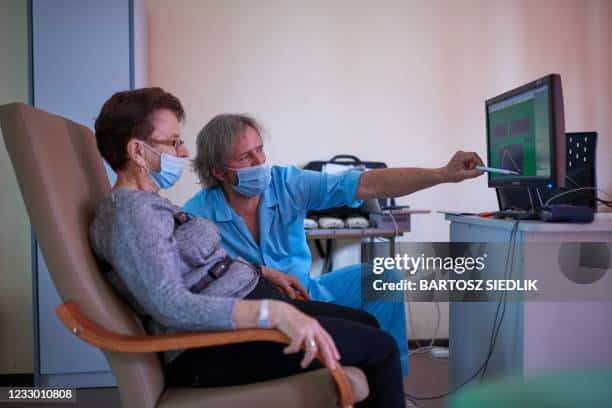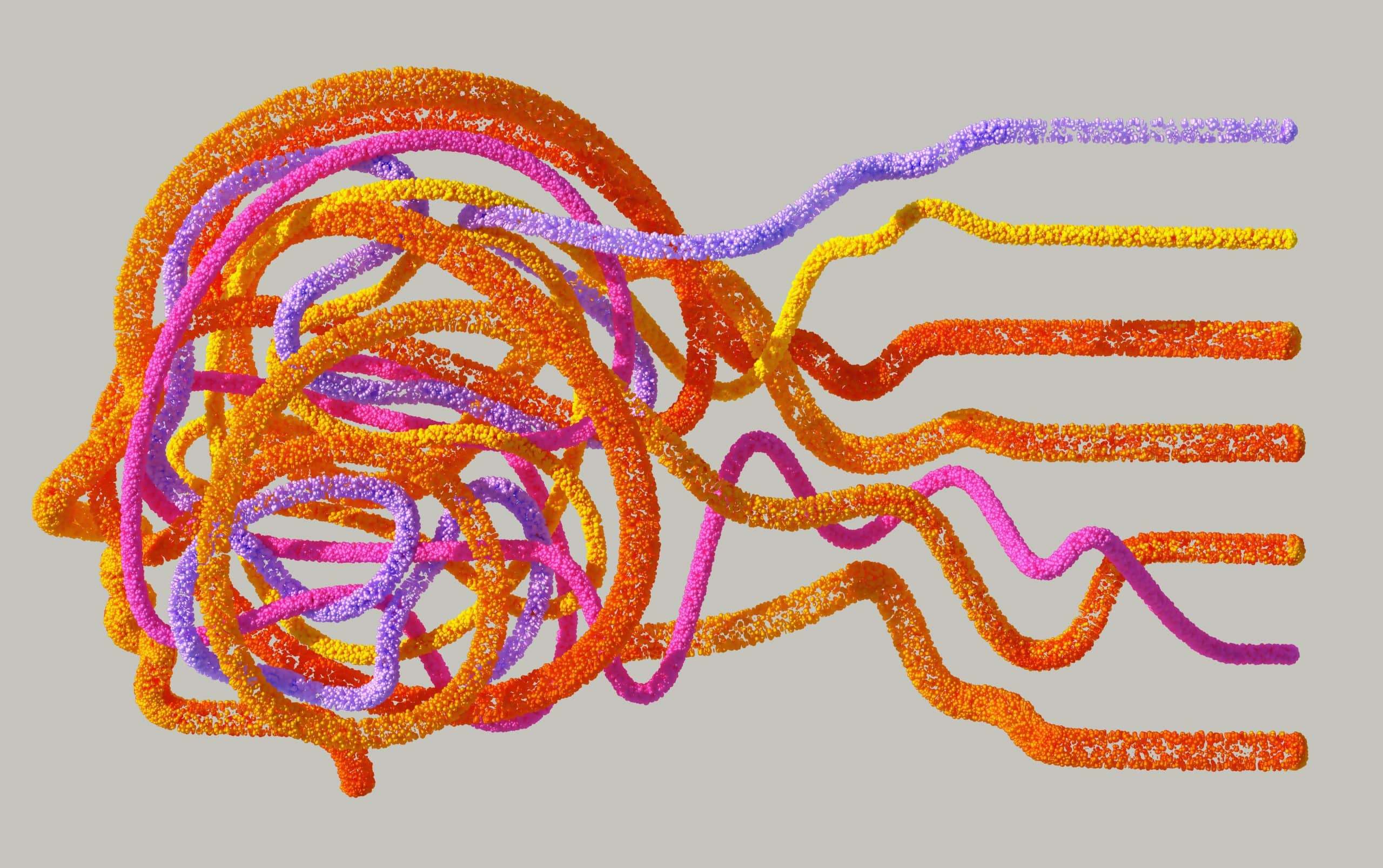Virtual reality (VR) uses three-dimensional (3D) simulations to create sounds and images that seem real to the viewer. Moreover, these computer-generated images allow viewers to interact with them realistically using VR headsets. Ultimately, mental health professionals can use these headsets to treat patients by creating virtual environments.
What’s more? Numerous studies have shown that VR has made strides in improving cognitive behavior and in treating various phobias and other mental health conditions. Even more impressive, VR allows people to “relive” traumatic events in a safer environment, such as in their own homes.
Virtual Reality Enhances Traditional Therapy
Although VR is an enhancement tool it shouldn’t be used to replace traditional treatment methods. Instead, VR allows mental health professionals to see how their patients feel and behave in certain situations. For example, their patients engage with the VR’s created scenarios enabling therapists to see their triggers and coping methods. This way, their therapists can prescribe the appropriate treatments and medications. Despite not being a replacement tool, VR therapists are slowly being introduced to the mental health field.
VR Manipulates the Mind with Its Capabilities
While VR can produce high-quality images and sounds, patients are aware that the images are computer-generated. However, this doesn’t hinder the therapeutic process, as your brain doesn’t require something to be real to generate an emotion. In fact, the main reason why VR works is that it can help get to the root of someone’s issues or create safe situations, allowing patients to do things they wouldn’t try in real life. As a result, psychiatrists can teach, and patients can learn better thinking and behavioral patterns.
Regardless of VR’s effectiveness in psychiatry, there are still drawbacks that mental health professionals must consider. For starters, VR only works well when the content it produces is correct to whoever is viewing it. With wrong content, patients won’t get much for the treatment as they won’t be able to learn from the VR’s created images and scenes. That’s why VR treatment methods must undergo rigorous testing to be most effective.
The Effectiveness of UK’s Pheonix VR
https://gty.im/1233010878
One trial being run centers the Phoenix VR and its self-confidence therapy that was designed for the youth. Specifically, this clinical trial followed young people struggling with non-affective psychosis. More importantly, the Phoenix VR was to help these young people increase their self-esteem and overall psychological well-being.
Likewise, the Phoenix VR produced scenarios that would aid these youths by providing experiences of achievement and relaxation. These virtual scenarios included tending to a community garden, speaking in a TV studio, and playing games in a forest or lake. Furthermore, these youth could use the Pheonix VR at home and were used in weekly meetings with their psychologists. Due to this six-week trial, the youth involved experienced an increase in their self-worth. The trial’s success would lead to an even bigger trial that is currently underway.
Limitations of VR Therapy Treatments
On one hand, using VR in mental health treatments is easy as purchasing these VR headsets isn’t that expensive. However, the development of these virtual scenarios can be difficult as they may require a programmer to create them, which costs money. Consequently, mental health professionals have to contend with using the few systems that VR provides, which can be very limited.
Currently, one big issue in mental health care is the shortage of therapists. However, VR may be able to solve this problem. Specifically, it’s estimated that over 100 million Americans reside in areas with insufficient treatment and resources targeting mental health. Unfortunately, these shortages exist worldwide, with millions of people lacking access to quality mental health care.
Virtual Therapists on the Rise
As mentioned above, virtual therapists may provide the answer to this rapidly growing problem as VR can be done without a mental health professional. For instance, a new VR-based therapy known as GameChange is a new, widely used cognitive treatment method in the UK that’s getting results. This VR tool allows viewers to experience six places to aid them in their mental health treatment.
These virtual settings include a street, the inside of a pub, a bus, or a small local shop, and lastly a general waiting room. Regardless of their chosen location, a virtual therapist with the voice of an actual real-life person guides the viewer. Following the virtual therapist’s suggestions, the viewer learns better techniques to overcome their challenges.
Disclaimer: This article is intended simply to provide information. It does not replace the medical advice of a physician or other medical professional. Please speak with your doctor or therapist if you have any questions or concerns.
For More Great Content
Total Apex is an all-encompassing content producer. We provide heavily-detailed articles every day on entertainment, gaming, sports, and so much more! Check out all our great sports content Total Apex Sports. Check us out on X @TotalApexEandG and our other sites: Total Apex Sports Bets and Total Apex Fantasy Sports.










